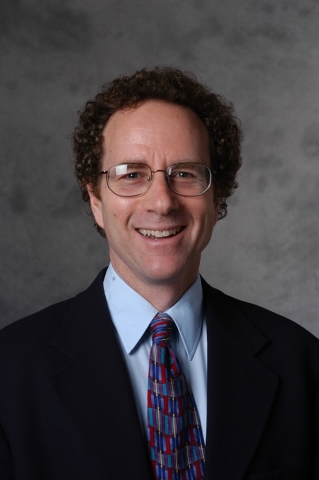
Date:
Location:
Speaker:
ABSTRACT:
This talk will present recent developments in our lab in three areas of downstream bioprocessing; multimodal chromatography, affinity precipitation and integrated bioprocessing. Targeted experiments with different domains of mAbs with varying properties, biophysics, thermodynamics and molecular simulations will be used to shed light on the importance of protein surface cluster properties and multimodal ligand hydration and flexibility on creating selective separations. Hierarchical clustering is employed to examine preferred ligand conformations and the impact of water and dewetting phenomena in multimodal systems. NMR and molecular simulations will be used to examine the molecular basis for multimodal ligand binding to the FC region of mAbs both in solution and immobilized on SAM surfaces. In addition, pH and ligand chemistry will be employed to shift domain dominance in mAb multimodal chromatography from (Fab)2 interactions to Fc binding. Affinity precipitation using smart biopolymers for the simultaneous recovery and purification of both mAb and non-mAb biologics will then be presented. The use of ELP-Z for mAb purification as well as the development of efficient processes based on this approach will be presented with industrial feed stocks. The extension of this approach using ELP-affinity peptides as well as the application to a new class of biologics will also be discussed. Finally, results will be given on a novel approach for the rapid development of integrated downstream biomanufacturing processes for biological products from Pichia Pastoris. This approach employs linear gradient screens in concert with high-throughput uplc analytics and custom software to identify sequences of orthogonal chromatography steps likely to recover and purify the product while also being amenable to integrated processing and a continuous flowpath. To illustrate the power of this novel approach, the rapid development of 3-step purification processes for three commercial biological products will be shown.
BIO:
Steven Cramer is the William Weightman Walker Professor of Chemical and Biological Engineering at Rensselaer Polytechnic Institute, Troy, New York. Prof. Cramer is a bioprocessing downstream expert whose research focuses on applying fundamental understanding of biomolecular interactions towards the development of novel chromatographic and precipitation protein separation processes. He served as the Editor-in-Chief of the International journal Separations, Science and Technology for 20 years. Professor Cramer was the awarded the Alan S. Michaels Award for the Recovery of Biological Products (ACS Division of Biochemical Technology) and the 2016 ACS National Award in Separation Science and Technology. He was also awarded Rensselaer’s School of Engineering Outstanding Professor Award and the Research Excellence Award. Dr. Cramer was given a Presidential Young Investigator award from the National Science Foundation, the Early Career Award from Rensselaer Polytechnic Institute as well as several teaching awards. Professor Cramer has been elected a fellow of the American Association for the Advancement of Science, American Institute of Chemical Engineers, the American Chemical Society and the American Institute for Medical and Biological Engineering. He has chaired several prestigious meetings including 2 International HIC/RPC Bioseparation Conferences, 2 ACS Recovery of Biological Products Meetings and the Gordon Conference on Reactive Polymers. Prof. Cramer is a consultant for several biopharmaceutical and bioseparation companies. He is also serving on the FDA panel for biosimilars and is the Chair of the Recovery of Biological Products Board. Prof. Cramer has published over 180 papers in peer-reviewed journals and has 11 patents. Importantly, he has produced 45 Ph.D. students who have gone on to leadership positions in the biotechnology industry and academia.



